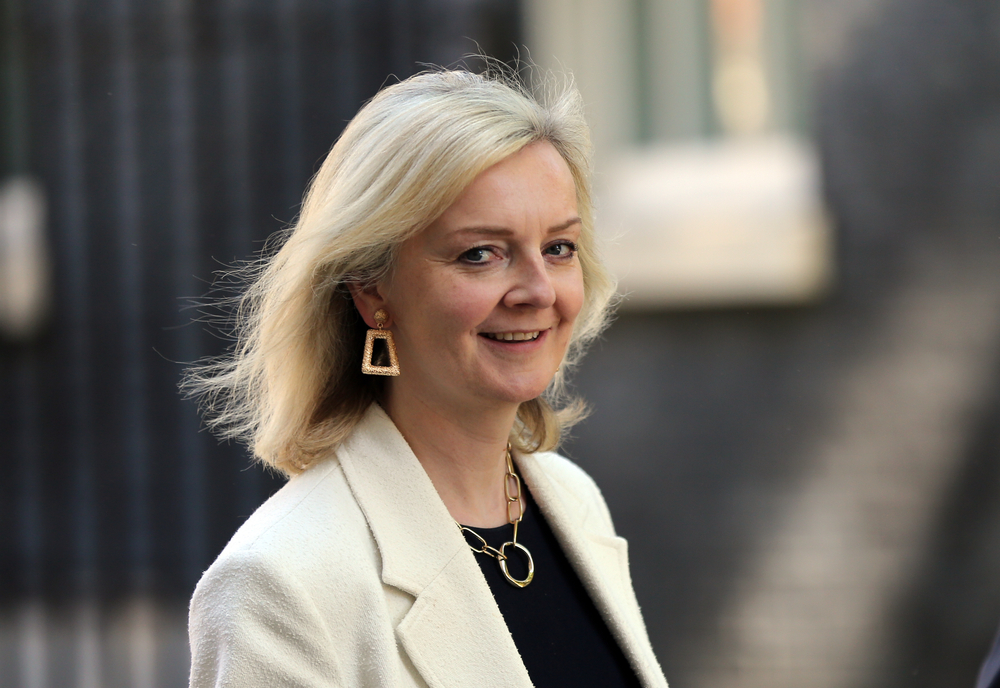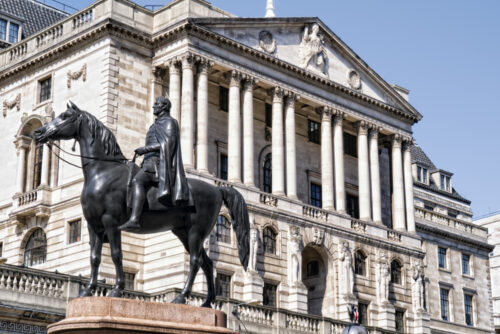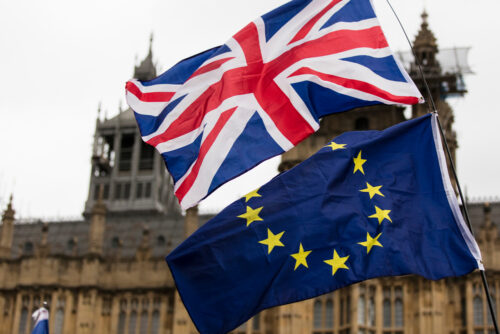
Liz Truss is the new Prime Minister (I T S / Shutterstock.com)
A change of prime minister and chancellor can have a serious impact on currencies and exchange rates. Here we sift the evidence for how Liz Truss’s tax, spending and foreign policies could impact sterling.
On Tuesday 6 September, Liz Truss became Britain’s new prime minster. The win was largely priced in, but nevertheless led to some immediate volatility, with the pound weakening decisively against both the euro and the US dollar. Between 8 and 10 September, for example, the pound was recorded at below 1.15 against both the euro and US dollar. For GBP/EUR this was its weakest since April 2021 and for GBP/USD its weakest since March 1985.
However, there were several other factors weighing on sterling, or boosting other currencies, including rapid interest rate rises from other central banks and the potential energy crisis in Europe, so it’s not clear yet how the currency markets will respond to a Truss premiership.
Truss vs Bank of England on controlling inflation

Various factors impact the value of a currency, including the country’s monetary policy, and interest rates set by the Bank of England. It is the Bank of England’s job to keep inflation to a steady 2%, which it attempts to do via interest rates. Inflation is currently over 10%. Arguably Liz Truss’s biggest challenge is balancing rising inflation with the need to help households. Her big policy announcement was an energy support plan that could cost the government as much as £150bn, to ease energy costs for households and businesses. These plans will see UK energy bills capped at £2,500 per year (until 2024) to tackle soaring energy costs following Russia’s restriction of gas supplies.
Truss claims these plans will curb inflation, but not all economists agree. Some view the plan as ultimately inflationary, and if inflation continues rising – and recent predictions have been that it could even reach 20% – the Bank of England would be forced to raise interest rates again, potentially boosting sterling.
Just two days after Truss was elected, when BoE governor Andrew Bailey opted not to talk about policy, as re-iterating orthodox economics could be deemed obstructive to the new government, international investors interpreted this as a dovish act. This sent the GBP/USD rate to down to its weakest since 1985.
Tax cuts in a dash for growth
Truss has long been critical of the Treasury’s – as she put it – ‘abacus economics’, hidebound by orthodoxy and lacking in thrust. It is partly the reason she chose Kwasi Kwarteng as her chancellor.
This week, in a call to Treasury officials still reeling from the sacking of senior Treasury official Sir Tom Scholar, a strong signal that new thinking is required, Kwasi Kwarteng said they must focus entirely on boosting growth to 2.5% annually.
This could start as early as next week, with tax cuts. It’s thought that the planned 1% cut in income scheduled for next April could be moved forward, as well as a reversal of last April’s national insurance rise, all financed in the short term by borrowing.
Whether this will be positive or negative for sterling is entirely unpredictable. While markets generally like government spending, they also value long-term economic prudence too.
Foreign policy: Brexit

Trading relationships between countries is also something which impacts exchange rates. For example, the stronger the UK’s currency the cheaper are Britain’s imports (and the pricier its exports) and vice versa. Hence, higher exchange rates can have negative implications for the UK’s balance of trade, while a lower rate can improve it.
If Truss maintains good trading relationships with the eurozone, this bodes well for pound sterling. However, should Truss adopt a combative approach towards the eurozone, over the Northern Ireland protocol for example, any resulting trade war will have unfavourable and lasting impacts on sterling. So far, the evidence is that she is not seeking any immediate conflict over Northern Ireland.
As foreign secretary, Truss has certainly taken a hawkish stance on Europe and the war in Ukraine, but there is good evidence of a pragmatic approach too. Indeed, European diplomats have reportedly dubbed her ‘the iron weathercock’ for her hard-line but changeable attitude to matters such as Brexit. The markets will be watching closely to see how she maintains Britain’s trading relationship with the eurozone and this will no doubt impact EUR/GBP rates.
Though domestic currency is impacted by several factors, change in government is high on that list, and with the election of Britain’s newest PM, it is essential that UK businesses understand how new government policies will impact sterling. While it is impossible to know for certain how the Truss-Kwarteng partnership will impact the pound’s movements, it is wise for businesses to protect themselves from future volatility.
Contact your account manager on 020 7898 0500 or to lock in a forward contract today.

 020 7898 0500
020 7898 0500